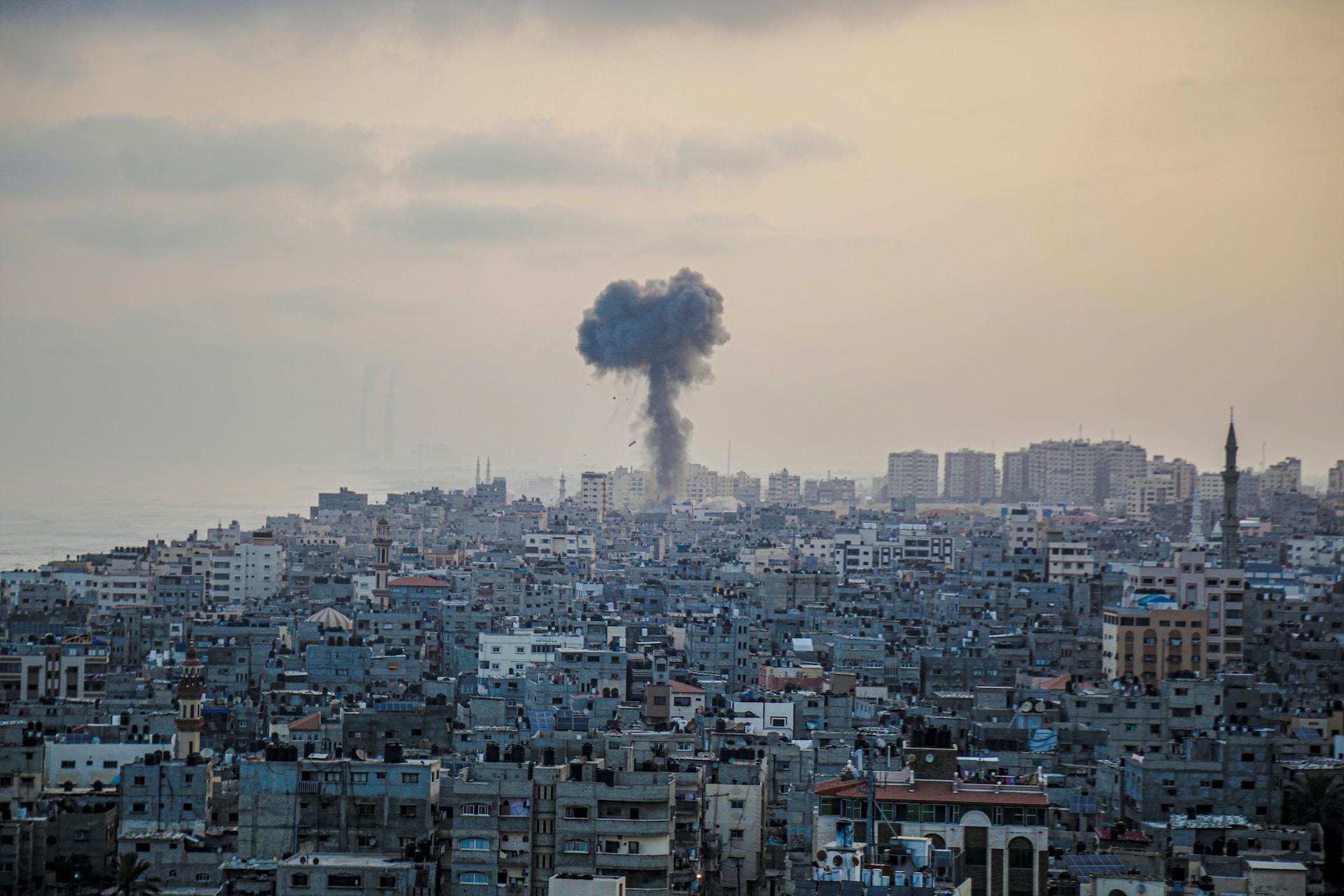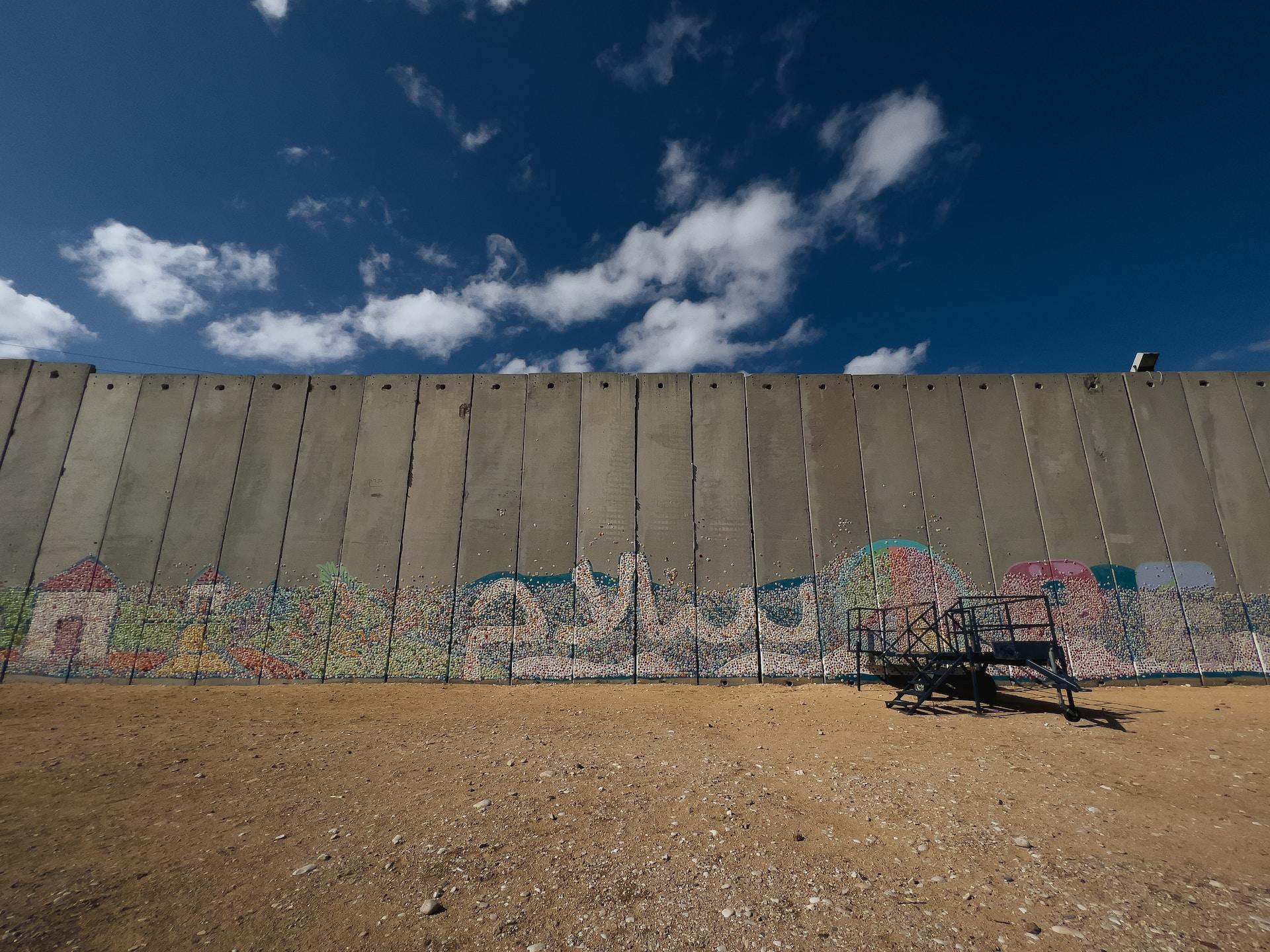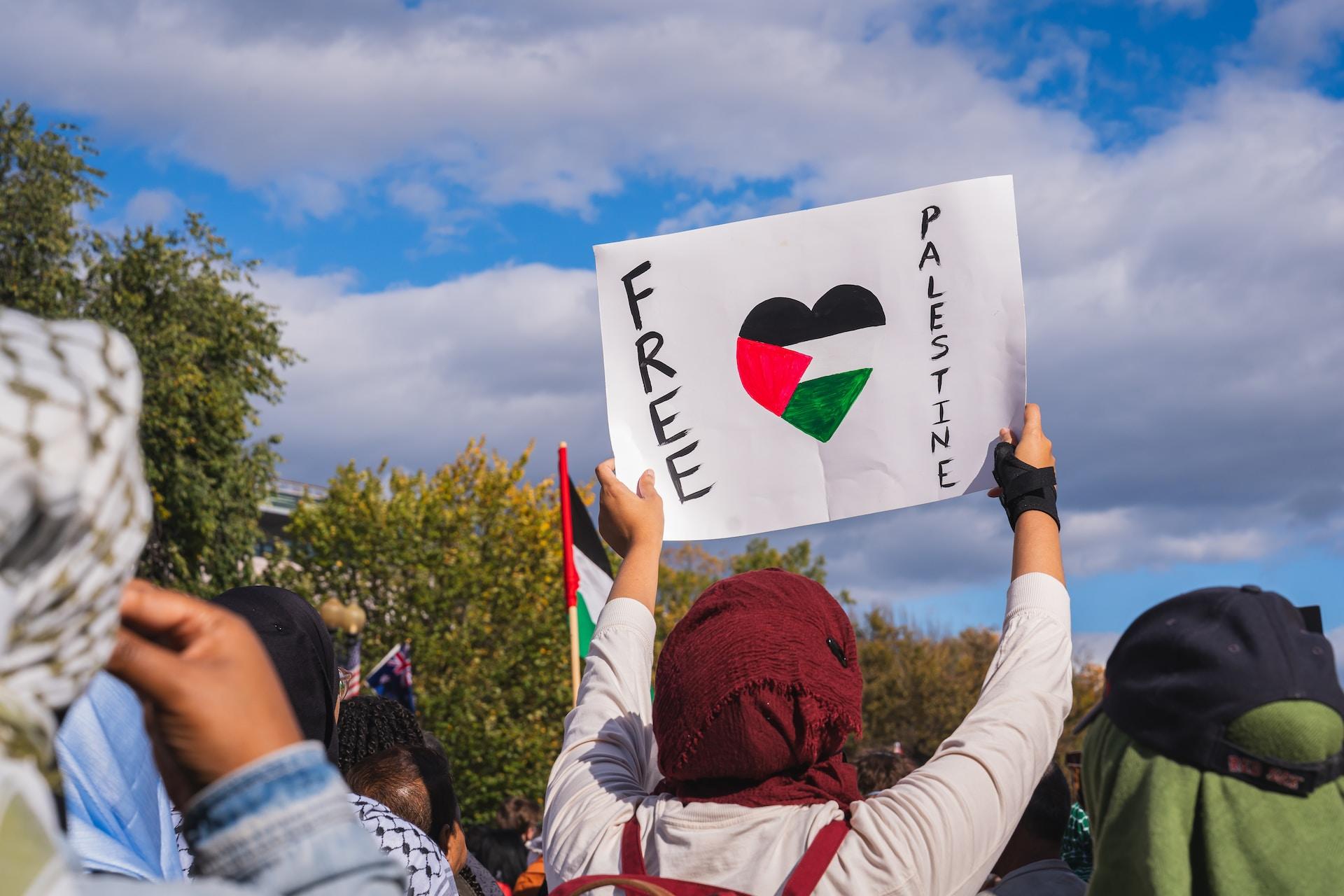Palestine can be confusing. The name describes the region of Palestine as well as the State of Palestine, a country that 139 of the 193 United Nations (UN) member countries recognise. It may also describe the Occupied Palestinian Territory, populated by Israelis, Palestinians and various other Arab groups.
It's also confusing that Palestine didn't need borders for most of its history. It didn't need to be defined as a country until after the Second World War. The Ottoman Empire oversaw the Palestinian region and its people until the British Empire encroached. That is a good starting point for our discussion on:
- this history of the Palestinian region
- forming the State of Palestine
- significant events that shaped current conditions for Palestinians
- what the current flare-up reveals
The countries that don't view the State of Palestine as a legitimate country bear a lot of weight on this nation's history and current happenings. They include all of the Group of Seven (G7) countries as well as Australia, Norway, Morocco and South Korea, among others. They have a lot of economic and geopolitical clout, one in particular: the United States (US). Read on to find out how influential these nations are.

Palestine as a Historical Region
Archaeologists have uncovered signs of human activity that date back 1.5 million years in what we refer to as Palestine. The Southern Levant, as this region is also known, was a main migration path out of Africa; it makes sense that some humans would settle along the way. It took millennia for these disparate clans to coalesce into civilisations.
The first mention of Palestine appeared in the 12th Century Before the Current Era (BCE). The twentieth Egyptian dynasty (1189-1077 BCE) called its neighbouring land (or people) Peleset. Later, in the 8th Century BCE, the Assyrians recorded the name Palashtu in their annals. Still later, when the Greeks occupied the land, they referred to it as Palaistine.
From this, we conclude that not only has the name Palestine been around for a long time, but that people must have identified as being from there. But a solid Palestinian identity didn't emerge until much later.
Sometime between 1208 and 720 BCE, the Israelites established a kingdom and founded the Jewish religion. This new faith caused substantial turmoil in the region, ultimately leading the Jewish people to set off for lands where they could worship as they wanted to.
Pinpointing Israel's beginning is easy; determining Palestine's is hard. As you read in this article's introduction, it's not formally recognised as a country in its own right. For millennia, people lived and worked the land. They often fought but mostly, they just were.

How the State of Palestine Came to Be
Through the centuries of the Jewish diaspora - of Jews making their homes elsewhere in the world, a succession of empires commanded the region of Palestine. The Ottoman Empire held it for the longest time but the British Empire was determined to wrest it away.
By the early 20th Century, Jews were trickling back into Palestine. They'd endured antisemitism and frightful persecution; their Zionist movement intended to reclaim their ancestral lands. The British saw an opportunity.
They enticed returning Jews to fight on their behalf against the Ottoman army. Once victorious, the British would partition off some land for a Jewish settlement. That Balfour Declaration and the UN's reinforcing Mandate for Palestine outraged Muslims whose homes and jobs were taken away.
Indeed, it inflamed the entire Arab world. From 1947 to 1949, Jews and Arabs fought in one another the Palestine War. This conflict ended when the British Mandate parcelled the West Bank to Jordan and the Gaza Strip to Egypt. Later conflicts between Arabs and Israelis saw Israel reclaim both those areas.
Israel's occupation of these territories is a flashpoint in today's Palestine-Israeli tensions. For reference, the Ukrainian Donetsk and Luhansk regions have long been Russian-speaking and ethnically Russian. Ukrainians are welcome to move freely about those regions and may even settle there.
By contrast, Israel continues to build settlements in the West Bank and Gaza Strip, displacing Arab populations. Israeli armed forces man checkpoints in an out of these areas, harassing and barring access to any non-Jew. They do so with the apparent support from the US and the G7 nations. To this day, none of these powers has tried to enforce any UN resolutions to protect Palestinians.

Important Developments in Palestine
1948: the United Nations General Assembly drafts Resolution 194. It details the right of displaced Palestinians to return to their homes. However, as the Arab-Israeli civil war was ongoing at the time, this resolution was not enforced. Israel has never been made to honour this resolution.
1964: the Founding of the Palestine Liberation Organisation (PLO). In 1974, the Arab League Summit designated the PLO as the "sole legitimate representative of the Palestinian people". In its early days, the PLO engaged in terror campaigns and armed action. This led the US to label the PLO a terrorist organisation.
June 1967: The Arab-Israeli War, also called the Six-Day War, saw Jordan, Syria and Egypt battle Israeli forces. In its aftermath, Israel expelled between 280,000 and 325,000 Palestinians from the West Bank.
1978: The Camp David Accords with Egypt and Israel as signatories; the US president mediated. Egyptian President Sadat and Israeli Prime Minister Begin jointly received the Nobel Peace Prize for their peace initiative. However, the UN rejected their second accord for peace in the Middle East because it was drafted without Palestinian consideration.
1988: Yasser Arafat, the PLO Chairman, issues the Palestinian Declaration of Independence from his exile in Algiers. Palestine no longer questions the State of Israel's legitimacy.
1987-1993: the First Intifada grew out of the Palestinians' frustration over Israel's military occupation of the West Bank and the Gaza Strip. It lasted until the first Oslo Accord.
1993, 1995: The Oslo Accords saw Palestine formally recognise Israel and Israel acknowledge Palestinian peoples' rights to self-determination.
2000-2005: Israeli opposition leader Ariel Sharon visits the Muslim enclave on the Temple Mount, a highly inappropriate act which provoked the Second Intifada.
2007: Hamas is democratically elected to govern the Gaza Strip, Fatah (a PLO faction) oversees the West Bank; Israel begins its blockade of Gaza.
2018: The US initiates the Abraham Accords, a long-term for Arab nations to make peace with Israel.
September 29, 2023: Saudi Arabia prepares to sign a major defence pact with the US conditioned on Saudi Arabia normalising relations with Israel. This deal would sacrifice the Saudis' insistence on Palestinian statehood in favour of NATO-style protections.
This timeline demonstrates the region's shifting geopolitics. Though these events revolve around the Palestinian cause, they reflect West Asian dynamics as a whole. They also reveal Western powers' influence and strategies.
"Gaza Fights for Freedom, the 2019 documentary, provides a compelling and in-depth exploration of the Great March of Return protests, offering a poignant glimpse into the struggles and aspirations of those involved.
The Challenge of Palestine
There is no violent solution to solving this problem unless you kill everybody.
Vijay Prashad, executive-director of Tricontinental: Institute for Social Research
On October 7 2023, Hamas launched an attack on Israel, which responded with ten times the lethality. It didn't take long for Saudi Arabia to refocus its priority on formal statehood for Palestinians. It seems the US deal is scrapped.
The Arab world is once again united against Israel. Heads of Arab states now collectively demand that Jewish armed forces stop the Gaza bombardment and lift the blockade immediately. Some promise to join in the fray.
Several people have said that Gaza is an open-air prison. One could safely go further without straying into hyperbole. In its current state, the Gaza Strip is a concentration camp; a concentration of a people in a confined area. It's not even a stretch to call the ongoing action ethnic cleansing and genocide, as former UN Human Rights official Craig Mokhiber did.
Quashing Hamas is the reason given for the attacks on the Palestinians, as well as for depriving them of food, water and medicine. Ostensibly, it's because they are all terrorists, down to the smallest infant. That makes no sense.
It's not Hamas-ians who inhabit the Gaza Strip, it's Palestinians. And not all nations condemn Hamas as a terrorist organisation; Israel and the US lead that charge. That aside, every Palestinian wants what you want: to live without oppression, determine their course of life and be treated with dignity.
These ideas are not physical things that can be bombed into submission. The people in Gaza and the West Bank are not going to meekly follow orders once Israel and the US declare Hamas eradicated.
Today's Hamas leaders were children and young adults in 2005 during the Second Intifada. Continuous offences against them ensure that today's children will be tomorrow's fighters for self-actualisation.
This war between Palestine and Israel is asymmetrical. One side is armed to the teeth; the other is confined and has no defences. One side has the full support of the most militaristic nation on Earth; the same nation that discredits the death toll in Palestine and vetoes any mention of a ceasefire. Despite that, the struggle for Palestine liberation continues.
Summarise with AI:
















